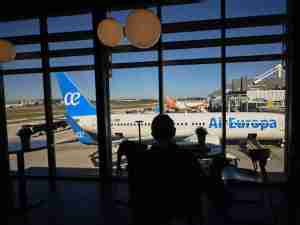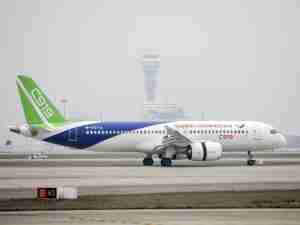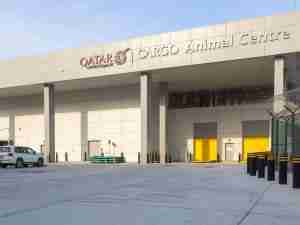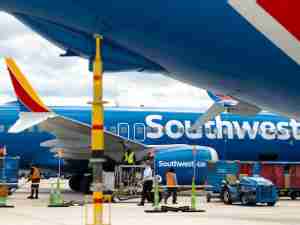IATA raises global airline profit forecasts for 2013 and 2014
By: Reuters | Dec 12 2013 at 04:56 PM | Air Cargo
The International Air Transport Association said it expected total airline profits to reach $12.9 billion this year, having only three months ago cut its forecast to a total of $11.7 billion.
In projections which are closely watched for a barometer of the sector’s health, the body also predicted profits growing to $16.4 billion in 2014, though it said cargo demand remained stagnant.
“2013 will see passenger numbers top 3 billion for the first time, increasing to 3.3 billion in 2014,” IATA Director General Tony Tyler told a news conference.
“The average margin of the airline industry, even next year, which if we are correct will see the highest absolute profit ever, will be 2.6 percent. Many airlines will do better than this and many others will underperform,” Tyler said.
Profit per passenger is expected to leap to $4.13 in 2013 from $2.49 in 2012, then reach an average $5.94 in 2014, said IATA, whose members include the likes of Lufthansa, British Airways (part of ICAG ), American Airlines and Cathay Pacific.
But without revenue from ancillary services such as lounge access, priority lanes at airports and pre-approved cabin baggage, the industry would be in the red. Ancillary revenue is forecast at about $13 per passenger.
Improved efficiency means airlines are expected to use a record 81 percent of available passenger capacity in 2014. But they will struggle to use the extra cargo capacity that comes with flying more planes.
Cargo demand is also suffering from increased trade protectionism and a rise in costs in formerly low-wage manufacturing countries, discouraging companies from moving their operations abroad.
“The most worrying recent economic development has been the apparent halt to globalization. World trade has slowed since the recession, to grow no faster than domestic industrial production,” IATA said in its financial forecast.
The slow cargo market is likely to subdue profits at Asia-Pacific carriers, which have 40 percent of the global cargo market. North American carriers are expected to outperform the global average thanks to efficiencies generated by mergers and international joint ventures, IATA said. (Reuters)











